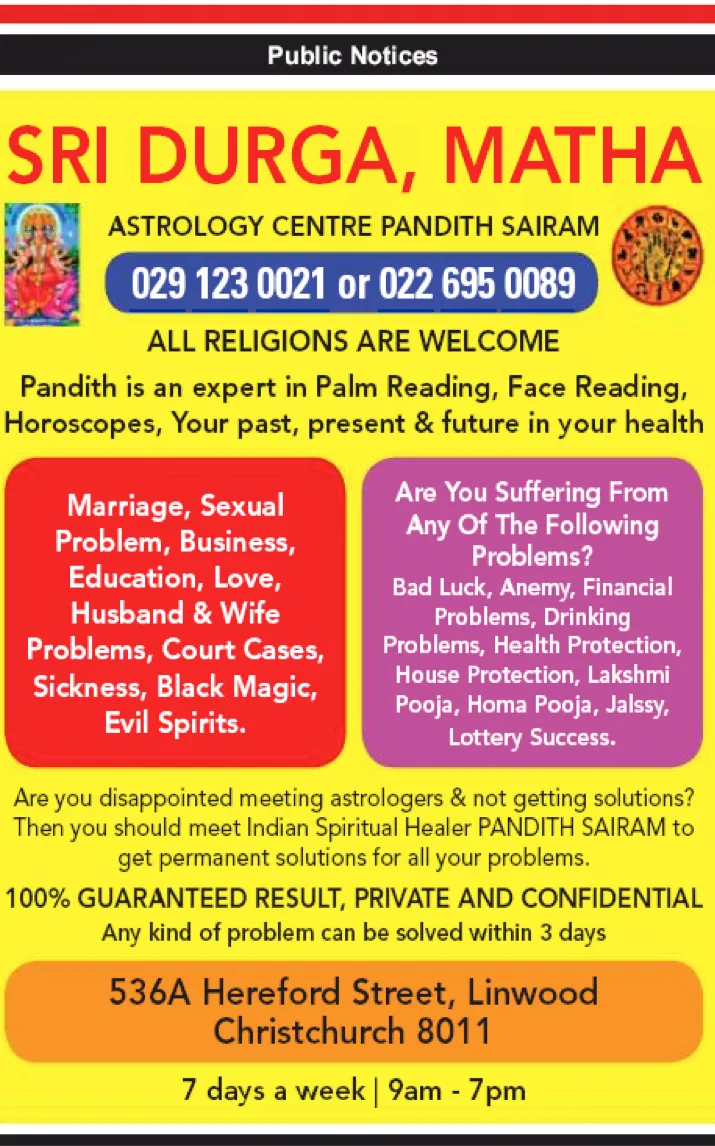Fighting medical nonsense
Lisa Ryan - 1st August 2015

Every second Thursday in Wellington a group of eager skeptics meet in a local pub and work on Advertising Standards Authority (ASA) complaints and other skeptical activism topics.
The Wellington group runs under the watchful guidance of Mark Honeychurch and Daniel Ryan. There is now also an Auckland group hosted by the knowledgeable Mark Hanna, which runs at the same time as the Wellington meeting. This timing allows for collaboration between the groups.
You can find the groups at sbh.nz/wlg and sbh.nz/akl – we are listed under Science Based Healthcare Activism, with the groups meeting from 6pm onwards. To come along you do not need to be a member of the Society for Science Based Healthcare, but you will need to sign up on MeetUp to RSVP. Attendance at the groups is usually between four and eight people, with each bringing their ideas for issues we can work on – along with laptops to edit documents and send off complaints.
While at a recent SBH Activism evening, I saw there had been an interesting and relevant post shared on the NZ Skeptics Facebook group. The post was talking about an advert run in a Christchurch newspaper by an Indian witchdoctor called “Sri Durga, Matha”. Other members of the group passed on the opportunity to submit an ASA complaint about this advert, so I took on the case. The following excerpt is from the complaint I submitted to the ASA about the Sri Durga Matha newspaper advertisement:
The newspaper advertisement for Sri Durga Matha Astrology Centre promoted palm reading, face reading and astrology. Various issues or conditions were contained in two boxes including: “marriage, sexual problem, sickness, Black Magic, Evil Spirits Drinking.” The advertisement stated:
“100% guaranteed results. Any kind of problem can be solved within 3 days.”
The advert claims to have 100% success rates, this is not possible.
The problems seem to be solved through palm reading, face reading, horoscope reading and such techniques. This seems like an impossible feat. Not to mention that the success of using such techniques is dubious.
They claim that problems can be solved within 3 days, however the claimed problems on the advert - including “drinking problems”, “financial problems”… and so on. The spelling is preposterous, I don’t know exactly what is meant by “jalssy” (sic) or “anemy” (sic) does this mean jealousy? and enemy? Regardless of spelling, these problems do not seem to be things that can be treated and dealt with within three days!
Drinking problems - cannot be advertised about, as under Schedule one of the Medicines Act.

An advert published in the Christchurch Star on April 22 2015
Strangely in this case the Advertiser didn’t even bother to respond to the complaint and the ASA Board ruled the complaint to be Upheld. You can see the full outcome of my complaint at the Society’s new ASA website: asa.sbh. nz/?complaint=15178
We have had some great successes within the Society with using ASA complaints to tackle some of the medical nonsense in New Zealand. An overview of the work done by us can be seen at asa.sbh.nz/?sbh
In all, over 200 complaints have been submitted by SBH members, with an 86% success rate of either Settled or Upheld complaints. A Settled complaint is one where the advertiser agrees to either remove or edit the advert to the satisfaction of the ASA, whereas an Upheld complaint is where the advertiser either doesn’t make sufficient changes or doesn’t make any changes at all, and the ASA asks the advertiser to remove the advert. We asked the ASA for a sample of the wording they use to ask an advertiser to remove an infringing advert, and they sent us this template:
In accordance with self-regulatory principles we request you to voluntarily withdraw the advertisement in its present form and to ensure that the material complained of does not appear in the future.
A couple of weeks after submitting my complaint, this issue reached the media with media reports talking of other witchdoctors based in Auckland. These “doctors” had quickly scarpered after taking thousands of dollars worth of people’s life savings. They had been caught making false promises and various other fraudulent claims, leaving a devastating trail of heartbreak behind.
A little about the ASA:
Independent Complaints and Appeal Boards: The Advertising Standards Complaints Board and the Advertising Standards Complaints Appeal Board both have a public member majority and a public member Chair. The ASA membership has no involvement in the work of the Boards. The Complaints Board has nine members, five public and four industry and meets fortnightly. The Appeal Board has three members, two public and one industry and meets on demand. Key codes: There is a Code of Ethics and thirteen subject codes. The majority of complaints raise issues relating to misleading advertising followed by matters of social responsibility (often about ad placement) and offensiveness. Staff: The ASA has five full time staff and a budget of about $750,000 per annum. It is funded from member subscriptions and advertiser levies. We deal with over 800 complaints a year about advertising content and placement. From asa.co.nz/about-us/
The Society for Science Based Healthcare is a group of individuals based in New Zealand who:
believe that a strong basis in rigorous science is a necessary prerequisite for providing safe and effective healthcare. Decisions regarding public funding of healthcare in New Zealand should therefore be science based. We support public health measures that have a clear basis in science and evidence, and oppose those that do not. We will work to counter misinformation about health issues propagated by individuals and organisations in New Zealand.
Consumers have the right to make an informed decision about their healthcare, and should not have to worry about being misled by unsubstantiated claims.
For more information about SBH, please visit sbh.nz